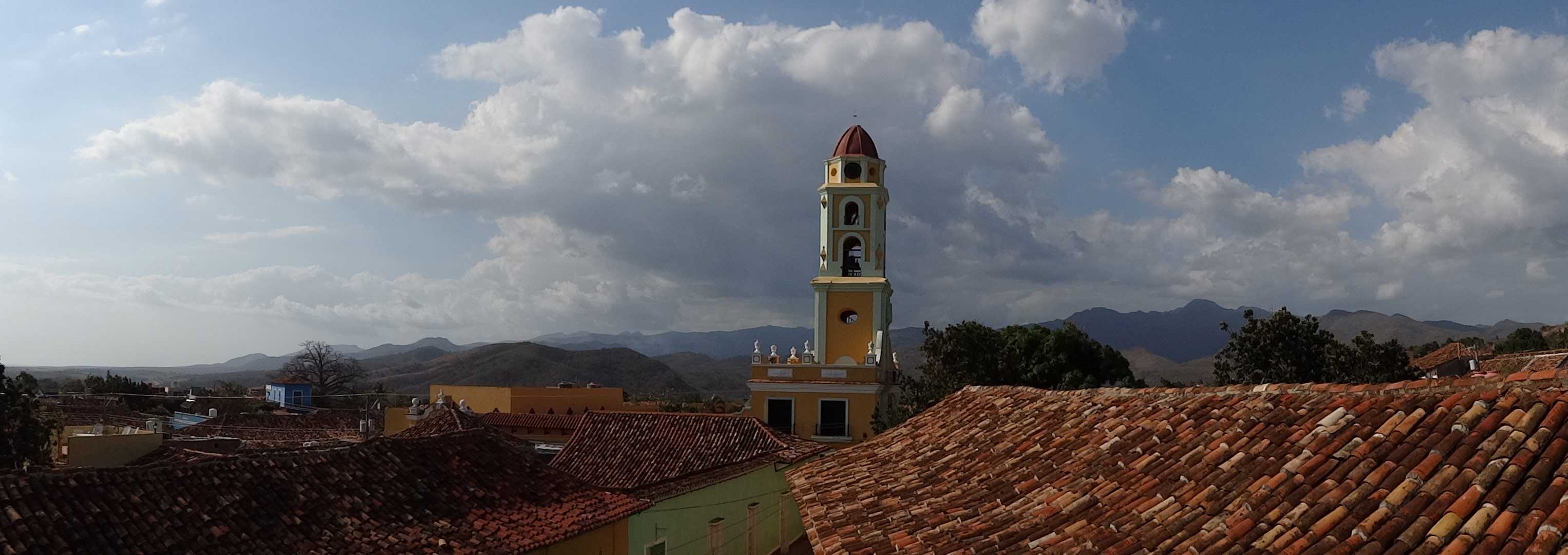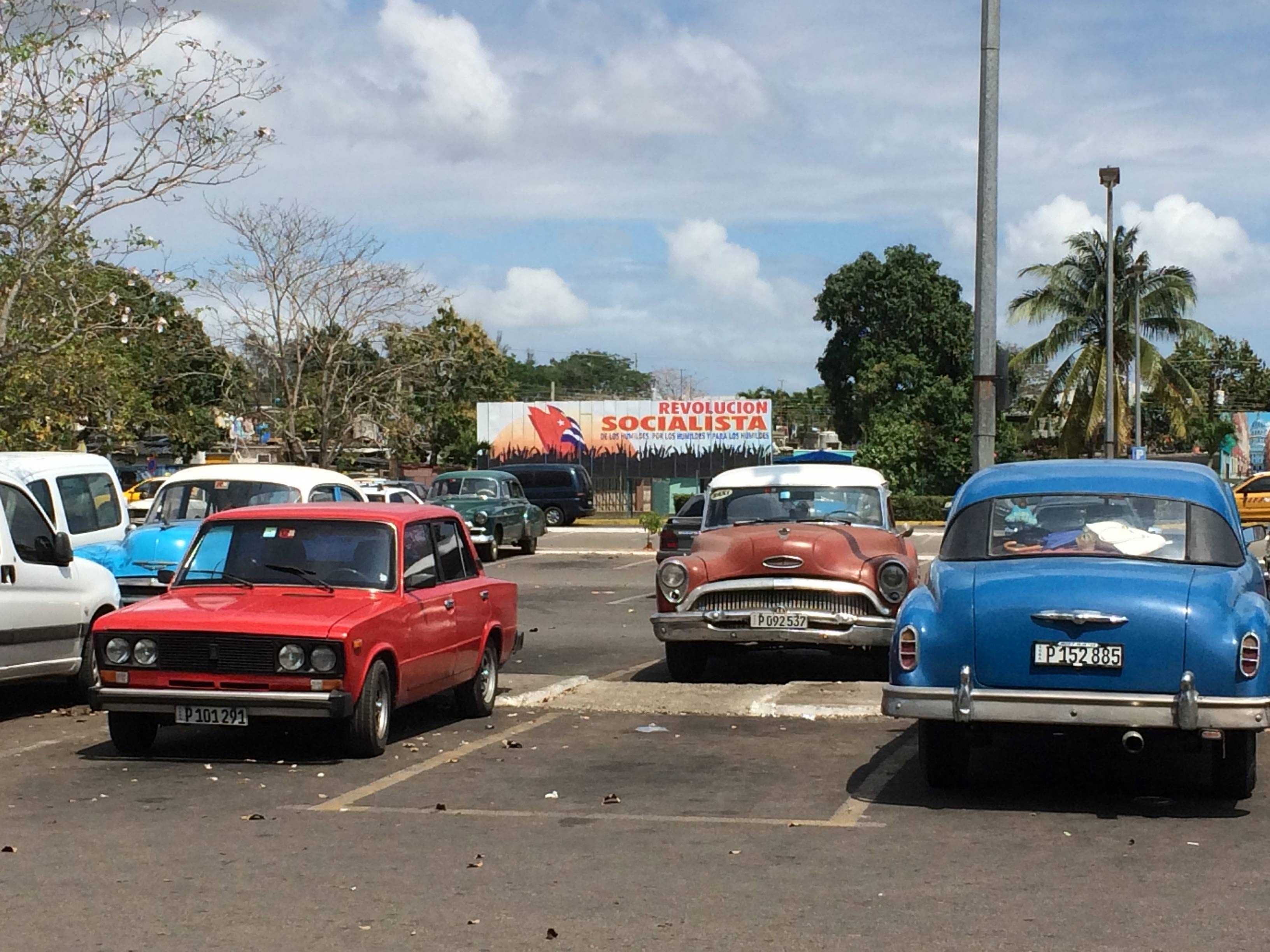Mixed feelings expressed at death of former Cuban President, Fidel Castro
December 8, 2016
The Cuban revolutionary who defied the world has died at age 90, leaving behind a legacy of unthinkable controversy. Cuban state media announced his death on Nov. 25, 2016 and gave no further details as to the cause of his departure.
Castro brought The Cold War to the Americas in 1959 and briefly presided over a teetering nuclear world. As a descendant of Marx and Lenin philosophies he fused socialism with a communist dictatorship, and oversaw massive Cuban migration to the United States. Fidel ruled Cuba with vicious restraint over his people, stifling any opposition that would emerge.
He ruled longer than any world leader besides Queen Elizabeth II, and by the same token, was treated like a King on the tiny Caribbean island which he controlled. Castro came to power after his guerilla forces waged a bloody war with the incumbent Fulgencio Batista. The so-called “26th of July” movement was led by revolutionaries like Fidel, his brother Raul and Che Guevara. Many believed they rescued Cuba from imperialism and dictatorship.

A view from the main manor house in Trinidad, hotbed of the anti-Castro movement.
However inspirational Castro’s rise to power may have been at the time; his leadership merely dragged Cuba through decades of oppression, isolation and global conflict. After distancing themselves from the United States during the height of the Cold War, Cuba formed an alliance with the Soviet Union. The Cuban Missile Crisis became a symbol for heightened tensions between the US and the Soviets, playing out on the tiny island just 90 miles south of Florida. Castro continued to rule Cuba throughout the 20th century, even without the support of the United States. He embraced despotic regimes like Hugo Chavez in Venezuela and further socialized his country’s economy. American sanctions crippled the advancements Cuba could make industrially, as famously evidenced by the Elvis era cars which roam Havana. Although Fidel promised to deliver on democracy, his control of state-run media and brutal police forces proved otherwise.
Reaction to Castro’s death has been volatile, sparking political and social tensions that still resonate in today’s world. Sympathetic responses bred anger amongst far right groups and Cubans living in the United States today. Prime Minister Justin Trudeau of Canada offered an almost romantic description of Castro, describing him as both “remarkable” and “larger than life.” Ted Cruz reacted vociferously on the Senate Floor, lambasting both him and President Obama for “shameful” statements. In Little Havana, Cubans were seen celebrating, dancing and singing, as so many of them escaped to this country for freedom. From Major League All Stars to husbands and daughters, Cuban immigrants saw the worst of Fidel’s brutal regime.

Cars and propaganda outside Jose Marti International Airport.
Fidel Castro was succeeded by his brother Raúl Castro, current Cuban President, in 2008. The New York Times reported in 2013 that “President Raúl Castro of Cuba announced on Sunday that the five-year term he has just begun will be his last, giving the Castro era an official expiration date of 2018.”


